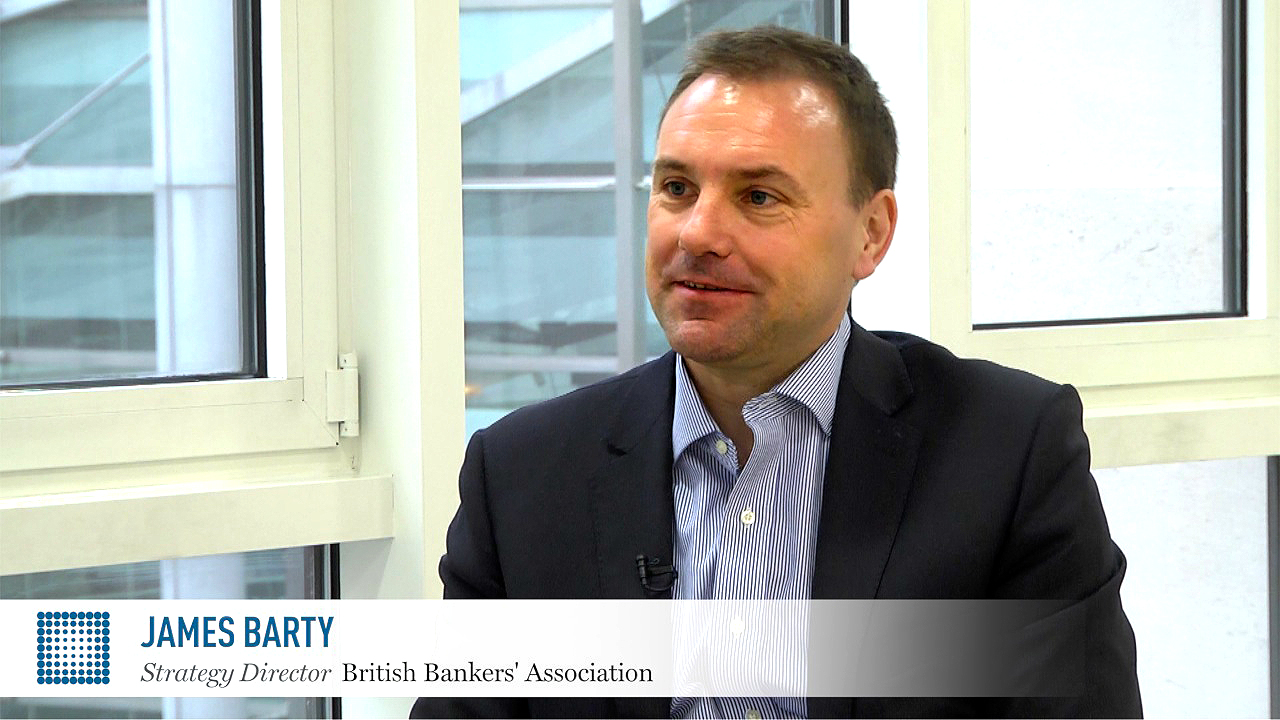Is Europe’s stress testing too hard on the banking system? | Moody’s Analytics | Video
World Finance interviews Zach Witton from Moody's Analytics on the stress testing of banks in the eurozone
Related:
Transcript
Moody’s Analytics has unveiled its report on the latest round of assessments by the European Central Bank. How will the stress tests affect the banking system and the economy? Moody’s Analytics economist Zach Witton discusses how stress testing could restore confidence in eurozone banks.
World Finance: Can you tell me how the stress tests will help restore confidence in the eurozone banking system?
Zach Witton: Okay, well we have a system where banks at the moment aren’t willing to lend to each other. They’re scared that other banks hold bad assets, bad debts, on their balance sheets. And so, if the stress tests are credible, if people believe them, they will restore banks’ confidence to lend to each other. And that in turn will allow banks to ease credit conditions and to increase their lending to households and businesses; which will strengthen Europe’s economic recovery.
World Finance: You called the latest round of stress tests more rigorous than the earlier ones, can you tell me why?
Zach Witton: That’s correct. Okay, there’s two aspects. First, they’re looking at 120 banks – actually more than 120 banks – this time. Previously the European Banking Authority looked at around 90 banks, so you’ve got an extra 30 or so that are being covered.
Also the threshold that banks have to pass or fail this time is 5.5 percent, whereas previously it was five percent. So that means it’s that little bit harder for banks to pass it. We had this situation with the EBA tests, where some banks actually passed the stress tests but they subsequently in real life collapsed. So that’s why we really need the higher threshold, and the increased number of banks being examined, to increase confidence.
World Finance: Do you think it’s fair to have rigorous stress tests in the eurozone versus Asia as well as the US? Which are perceived as not having as strong a regulation in place?
I think it’s very crucial that Europe has rigorous stress tests. The reason is that Europe’s economy relies a lot more on bank credit than the US and other economies
Zach Witton: When you look at the US stress tests going at the moment and compare it to the European Central Bank’s comprehensive assessment, the ECB’s threshold is higher than the one that the US Federal Reserve uses, so, it is more stringent in that sense. You’ve also got the number of banks: the Federal Reserve looks at about 30 banks, whereas as I mentioned before, the European Central Bank is looking at more than 120.
I think it’s very crucial that Europe has rigorous stress tests. The reason is that Europe’s economy relies a lot more on bank credit than the US and other economies. You’ve got at the moment, banks aren’t lending to each other. That credit isn’t going through. So basically we need the tests to be rigorous so that banks lend to each other, and get the credit flowing again.
World Finance: And does the perception of the banking system in general then change because of these more stringent reforms?
Zach Witton: I think it really depends on the results. If the results are credible, I think the perception will improve. I think it’s important to remember that the US did some quite rigorous stress tests earlier on in about 2009, and the important thing was, they actually had a backstop. So some banks were identified as needing recaptalisation, and they weren’t able to get the money privately. And that government-backed backstop really reassured everyone that those banks wouldn’t fall over; they wouldn’t collapse. Unfortunately in Europe at the moment, we don’t have that same backstop, so that’s the major question mark over the whole tests.
World Finance: So what do you think will be the likely, or most likely, outcome of the EU stress tests?
You’ve got a situation where the tests have got to be credible. If no banks fail, their credibility will be brought into question
Zach Witton: That’s the $64,000 question! You’ve got a situation where the tests have got to be credible. If no banks fail, their credibility will be brought into question. So I think you’re going to have a number of banks failing. At the same time, if you have a large number of banks failing, you’ve got the risk of that triggering concern about the stability of the banking system in Europe. So the ECB has to really walk a very fine line between having some failures, but not too many. And I think in that sense, they’re really going to have a rigorous stress test, but one that isn’t too tough, or too onerous.
World Finance: Was there anything particularly surprising that you found in putting together this report?
Zach Witton: There’s really more information to come out from the ECB. They have to release their asset quality review details, and that’s going to be at the end of this month. And then at the end of April they’ll be releasing the details of the stress tests. Now that is going to provide a lot more information, and that could have a few surprises in them.
For instance, how sovereign debt is treated: at the moment, sovereign debt on banks’ balance sheets is treated as risk-free, but they might actually penalise banks for holding sovereign debt. There’s also a question over whether banks that have taken a lot of liquidity from the European Central Bank are going to be penalised. So there’s still a lot of unanswered questions, and things that will be revealed in the coming months.

 Fullerton Markets CEO Mario Singh explains move to St Vincent & Grenadines
Fullerton Markets CEO Mario Singh explains move to St Vincent & Grenadines Are British banks stressed out? Upcoming tests to decide | Video
Are British banks stressed out? Upcoming tests to decide | Video
